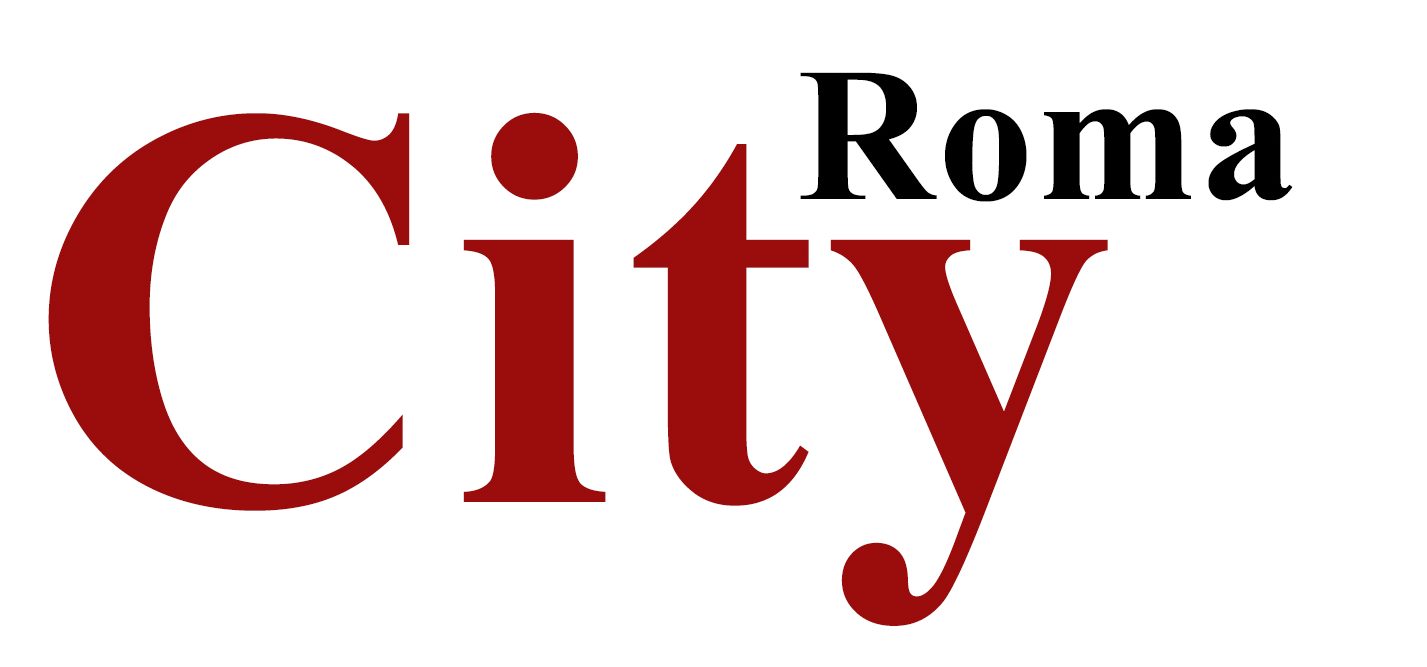
Left to right: North Carolina Supreme Court Justice Michael Morgan, North Carolina Chief Justice of the Supreme Court Paul Newby, and North Carolina Supreme Court Justice Anita Earls. (screengrab via North Carolina Supreme Court)
The North Carolina Supreme Court heard oral arguments in the rare and much-anticipated rehearing of Harper v. Hall Tuesday, a local gerrymandering challenge that potentially spelled an overhaul of U.S. election practices. Through the unusual move of granting a repeat hearing, the Tar Heel State’s highest court may have delayed far more sweeping action from the U.S. Supreme Court.
The court’s conservatives also flexed their political muscle after the 2022 elections flipped their balance from Democratic to Republican.
In February 2022, when the North Carolina Supreme Court had a 4-3 Democratic majority, it struck down the districting maps in a narrow ruling, finding that the maps illegally discriminated. Now, the court has a 5-2 Republican majority, and it’s reconsidering that finding.
The dispute over North Carolina’s congressional maps sparked not only a state-court legal battle, but also a far broader Supreme Court battle. In the related federal case Moore v. Harper, North Carolina Republicans challenged the “independent state legislature” theory and asked the U.S. Supreme Court to weigh in on whether the North Carolina courts have the power to interfere with districting maps. Tar Heel State Republicans argue that courts have no power to second-guess legislative decisions on congressional maps.
The justices heard oral arguments on the matter in early December, but have not yet decided the case.
During Tuesday’s hour-long oral arguments in state court, only Judges Richard Dietz, Trey Allen and Chief Justice Paul Newby (all Republicans who were in the 3 member minority last year) questioned Lali Madduri who represented the plaintiffs.
Newby asked Madduri, how lawmakers and judges should interpret various metrics to measure partisan fairness, and hinted that he thought the judiciary is ill-equipped for such a task.
Phil Strach, the attorney representing Republican legislators, slammed the plaintiffs for having “created a partisan gerrymandering claim out of whole cloth, out of multiple vague state constitutional provisions that do not say anything about partisanship and redistricting.”
When Democratic Justice Anita Earls questioned Phillip Strach, counsel for the Republican lawmakers, she asked, “How can it be left up to the people?”
“If the maps don’t fairly reflect the voting strength of the people of the state, aren’t you essentially seeking to prevent voters from exercising control over their own government?” Earls asked.
The North Carolina Supreme Court’s ruling in Harper v. Hall hasthe potential to render the U.S. Supreme Court’s decision in Moore v. Harper moot. Should the state court alter its decision to find the redistricting maps acceptable, the justices may choose to remove the case from its docket altogether.
Such an outcome would be directly at odds with the assessment of the matter’s importance from several of the justices. During oral arguments at the high bench, Justice Elena Kagan said the Republican-supported position was “a theory with big consequences,” in that it would deprive a state of a constitutional remedy even when its legislature “engages in the most extreme forms of gerrymandering.”
The U.S. Supreme Court is expected to issue its decision in Moore v. Harper before July, unless that decision is affected by a prior ruling by the North Carolina Supreme Court.
You can listen to Tuesday’s full oral arguments here.
The post North Carolina’s top court gives GOP second shot at favorable maps, potentially scuttling SCOTUS election overhaul first appeared on Law & Crime.


